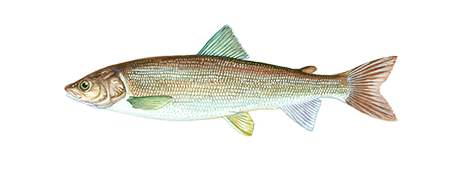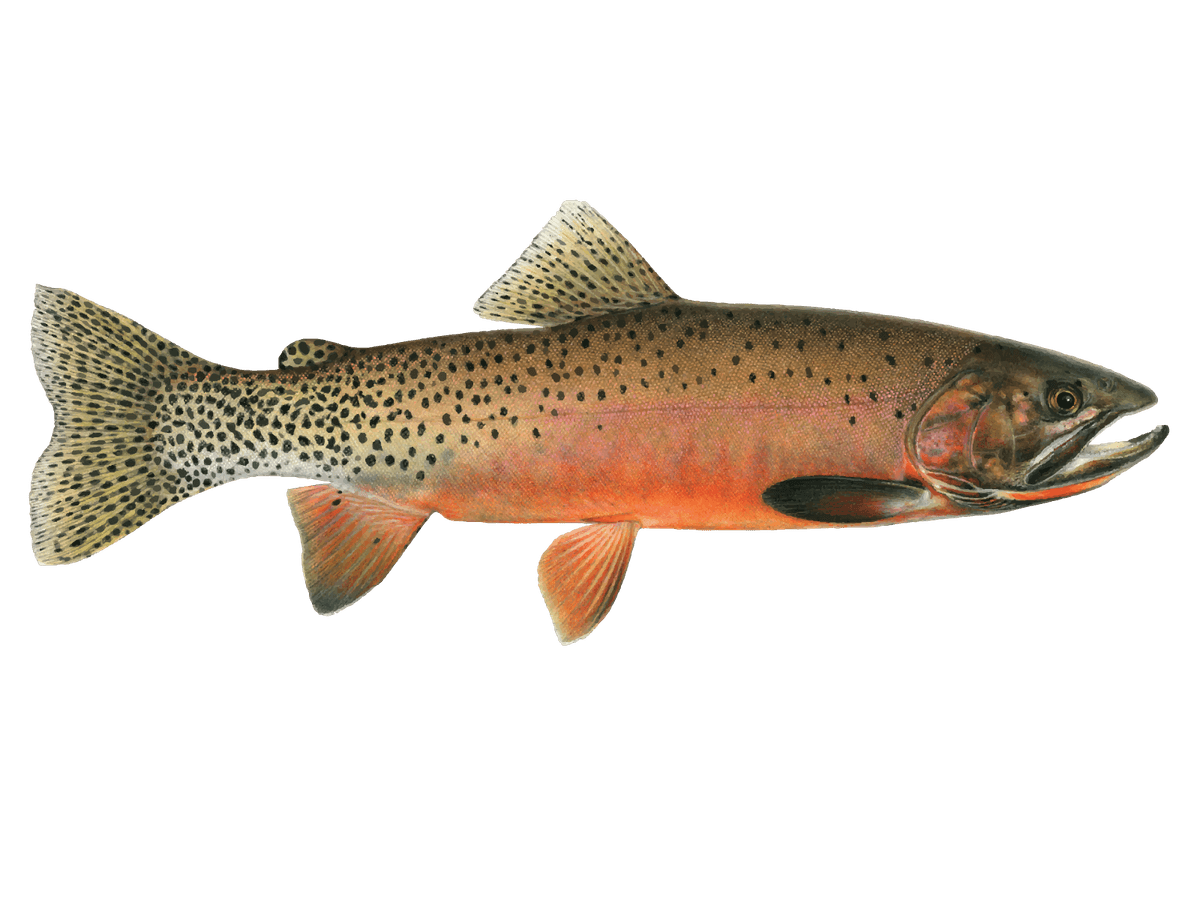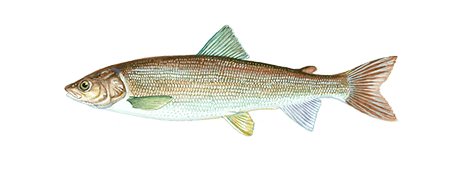/users/4a71472f-1f22-4ec0-b721-10f4af0329fa/ratecard/rc1.jpg)
%2F300x300%2Fusers%2F4a71472f-1f22-4ec0-b721-10f4af0329fa%2Fratecard%2Frc1.jpg&w=256&q=75)
%2F300x300%2Fusers%2F4a71472f-1f22-4ec0-b721-10f4af0329fa%2Fimages%2Fwyoming-landscape-scenic-2464.jpg&w=256&q=75)
%2F300x300%2Fusers%2F4a71472f-1f22-4ec0-b721-10f4af0329fa%2Fimages%2Ffishing-triumph-wyoming-2715.jpg&w=256&q=75)
%2F300x300%2Fusers%2F4a71472f-1f22-4ec0-b721-10f4af0329fa%2Fimages%2Ftriumphant-sea-trout-catch-2731.jpg&w=256&q=75)
%2F300x300%2Fusers%2F4a71472f-1f22-4ec0-b721-10f4af0329fa%2Fimages%2Frainbow-trout-wyoming-fishing-2749.jpg&w=256&q=75)
%2F300x300%2Fusers%2F4a71472f-1f22-4ec0-b721-10f4af0329fa%2Fimages%2Fbest-great-fishing-adventure-dubois-2596.jpg&w=256&q=75)
%2F300x300%2Fusers%2F4a71472f-1f22-4ec0-b721-10f4af0329fa%2Fimages%2Fserene-wyoming-scenery-2282.png&w=256&q=75)
%2F300x300%2Fusers%2F4a71472f-1f22-4ec0-b721-10f4af0329fa%2Fimages%2Ffishing-in-dubois-2356.png&w=256&q=75)
%2F300x300%2Fusers%2F4a71472f-1f22-4ec0-b721-10f4af0329fa%2Fimages%2Ffishing-trip-wyoming-2410.png&w=256&q=75)
%2F300x300%2Fusers%2F4a71472f-1f22-4ec0-b721-10f4af0329fa%2Fimages%2Ffishing-adventure-wyoming-2338.png&w=256&q=75)
%2F300x300%2Fusers%2F4a71472f-1f22-4ec0-b721-10f4af0329fa%2Fimages%2Ffly-fishing-wyoming-2535.jpeg&w=256&q=75)
Wyoming Backcountry Fly Fishing: 8-Hour Adventure
What you will be catching:
 Brook Trout
Brook Trout Brown Trout
Brown Trout Cutthroat Trout
Cutthroat Trout Mountain Whitefish
Mountain Whitefish Rainbow Trout
Rainbow Trout
- Full-day backcountry fly fishing in remote Wyoming wilderness
- Expert guides target Golden Trout, Cutthroats, and Browns in hidden locations
- Adventure combines hiking through alpine terrain with world-class angling
Trip Pricing and Availabilities:
Trip pricing information is temporarily unavailable.
Trout Paradise: Dubois Backcountry Fly Fishing
Hey there, fellow anglers! Ready to ditch the crowds and chase some wild trout in Wyoming's stunning backcountry? Our full-day guided fly fishing trip out of Dubois is just the ticket. We're talking remote alpine streams, hidden lakes, and the kind of pristine wilderness that'll make you forget your phone even exists. This ain't your average fishing trip – it's a proper adventure that'll test your hiking boots as much as your casting arm. But trust me, when you're standing in a crystal-clear stream, surrounded by towering peaks and hooking into a feisty native cutthroat, you'll know it was worth every step.
What to Expect on the Water
First things first – this ain't no walk in the park. We're heading deep into the backcountry, so come prepared for a solid hike. We'll be trekking through some seriously gorgeous terrain to reach those untouched fishing spots. Once we hit the water, it's all about stealth and precision. These backcountry trout aren't used to seeing flies, but they're still plenty wary. We'll be targeting everything from Golden Trout in high alpine lakes to Browns and Cutthroats in hidden streams. Expect to use light tippets and small dry flies – it's technical fishing, but man, is it rewarding. And don't worry if you're new to this kind of fishing – I'll be right there to help you dial in your technique and read the water like a pro.
Gearing Up for the Backcountry
Listen up, because this part's important. We're heading into some serious wilderness, so you need to come prepared. Bring a good pair of hiking boots – not waders – because we'll be covering some ground. A 4 or 5-weight rod is perfect for these waters. I'll bring along some extra tippet and a selection of flies that crush it out here, but if you've got any secret weapons, feel free to bring 'em. Don't forget your polarized sunnies – they're a game-changer for spotting fish in these gin-clear streams. And pack layers! The weather up here can turn on a dime. Oh, and I'll sort out lunch, so at least that's one less thing to worry about. Just make sure you bring plenty of water and maybe a few snacks to keep your energy up throughout the day.
Species You'll Want to Hook
Alright, let's talk about the stars of the show – the trout. Out here in the Dubois backcountry, we've got a real mixed bag of beauties waiting for you.
Rainbow Trout: These acrobatic fighters are a blast on light tackle. They love fast water and aren't shy about smashing dry flies. In the backcountry, you can find some real bruisers – I'm talking 20+ inches if you're lucky. They're at their best in late spring and early summer when the water's still cool and the hatches are popping off.
Brown Trout: Now these guys, they're the clever ones. Browns are known for being selective and can drive you nuts with their refusals. But man, when you do fool one, it's so worth it. They love to hang out in undercut banks and deep pools. Fall is prime time for big browns as they get aggressive before spawning.
Mountain Whitefish: Often overlooked, but don't sleep on these natives. They fight hard and can save the day when the trout aren't cooperating. Look for them in the deeper runs and pools. They're suckers for small nymphs drifted right along the bottom.
Cutthroat Trout: The jewels of the Rockies, right here. Our native cutthroats are absolutely gorgeous, with their distinctive red slashes and spotted bodies. They're not the biggest, but what they lack in size they make up for in eagerness. These guys will often rise to a well-presented dry fly even when nothing else seems to be feeding.
Brook Trout: Last but not least, we've got the brookies. These little guys might be small, but they more than make up for it with their stunning colors – especially in the fall. They're often found in the smaller, high-elevation streams and are suckers for small dry flies. Don't be surprised if you catch a dozen in a single pool!
Why Anglers Keep Coming Back
Look, I've guided all over, but there's something special about this stretch of Wyoming backcountry. Maybe it's the way the light hits the water just right in the early morning. Or how you can go all day without seeing another soul, just you and the fish and the mountains. It's the kind of fishing that reminds you why you fell in love with the sport in the first place. And let's be real – the chance to tangle with some of the most beautiful, wild trout you've ever seen doesn't hurt either. It's not always easy fishing, but that's what makes it so dang satisfying when you do connect. Plus, the stories you'll take home? Priceless. Just don't be surprised if you find yourself booking your next trip before you even leave.
Time to Book Your Spot
Alright, I've talked your ear off, but here's the bottom line: if you're after a fly fishing experience that'll stick with you long after you're back home, this is it. We're talking world-class trout fishing in some of the most breathtaking backcountry you've ever laid eyes on. It's just you, the fish, and miles of unspoiled wilderness. Fair warning though – spots fill up fast, especially during prime season. So if you're feeling that itch to escape the everyday and test your skills against some of the wildest trout in the Rockies, don't wait. Give us a shout, and let's get you out on the water. Trust me, your future self will thank you. See you on the stream!
Learn more about the species
Brook Trout
Brook trout are the colorful little fighters of our mountain streams. Don't let their size fool you - most brookies run 6-12 inches, but what they lack in size they make up for in spirit. You'll find them in cold, clear headwaters, often in small creeks you can jump across. Look for plunge pools, undercut banks, and any structure that provides cover. Late summer and early fall are prime times, as brookies become more aggressive before spawning. Anglers love chasing these native char for their beautiful speckling and the remote places they call home. They're not too picky, making them great for beginners or when you just want to catch fish. Here's a local tip: on bright days, try terrestrial patterns like ants or beetles. Brook trout can't resist these land-based snacks when they fall into the water. Just remember, go light - 3-4 weight rods and fine tippets are perfect for these small stream jewels.

Brown Trout
Brown trout are the clever, wary giants of our local rivers. These golden-brown beauties average 8-24 inches, but don't be surprised to hook into a 30-incher lurking in deep pools. Browns prefer cooler, well-oxygenated waters and are often found near structure like fallen trees or undercut banks. They're most active during low light conditions - early mornings and evenings are prime time. Fall is spectacular, as browns become more aggressive before spawning. Anglers love targeting browns for their size and the challenge they present. These fish are notorious for being selective, so precise presentation is crucial. One tip: don't overlook big streamers. While browns often feed on smaller insects, they won't pass up a meaty snack. Strip a sculpin pattern through deep runs, and hold on tight - when a big brown hits, it'll test your gear and your skills.

Cutthroat Trout
Cutthroat trout are the jewels of our high mountain streams. These native beauties are easily identified by the bright red slash under their jaw. Sizes vary, but most run 8-16 inches in our smaller streams, with some topping 20 inches in larger rivers. You'll find cutthroats in cold, clean waters, often in higher elevation creeks and alpine lakes. They're most active during summer months when the high country thaws out. Anglers love targeting cutthroats for their eager takes and the stunning scenery they call home. These fish aren't usually as picky as rainbows or browns, making them great for beginners. However, their habitat can be challenging to access. For best results, focus on terrestrial patterns like ants and hoppers in late summer. Cutthroats can't resist these high-calorie meals. And here's a tip: when fishing small streams, approach from downstream and cast upstream to avoid spooking these wary trout.

Mountain Whitefish
Mountain whitefish might not be as glamorous as trout, but they're a blast to catch and abundant in our rivers. These silvery fish usually run 10-16 inches, with some reaching up to 20. You'll find them in cold, clear streams, often sharing water with trout. Look for deeper runs and pools, especially in winter when whitefish school up. They're bottom feeders, so nymphing techniques work well. Late fall through winter is prime time, as whitefish feed heavily before and after spawning. Anglers appreciate their willingness to bite when trout are being finicky. They put up a decent fight too, especially on lighter tackle. Here's a local secret: try a tandem nymph rig with a stonefly pattern trailed by a small midge or mayfly nymph. Let it drift along the bottom, and you'll often hook into multiple whitefish in a single run.

Rainbow Trout
Rainbow trout are a favorite among fly anglers, known for their vibrant colors and acrobatic fights. These beauties typically range from 8-24 inches, with some monsters pushing 30+ inches in the right conditions. You'll find them in cool, clear streams and rivers, often hanging out near riffles, pools, and undercut banks. Spring and fall are prime seasons, when water temperatures are just right and insect hatches are in full swing. Rainbows are opportunistic feeders, so matching the hatch is key. They'll hit everything from tiny midges to big streamers. What makes them special is their willingness to take a dry fly, giving you that heart-stopping surface action. If you're struggling to entice a bite, try drifting a nymph under an indicator - it's a deadly technique when rainbows are being picky.

%2Ffit-in%2F250x250%2Fguide_websites%2F1925%2Fimages%2Fztanglingco-01.png&w=1200&q=100)
